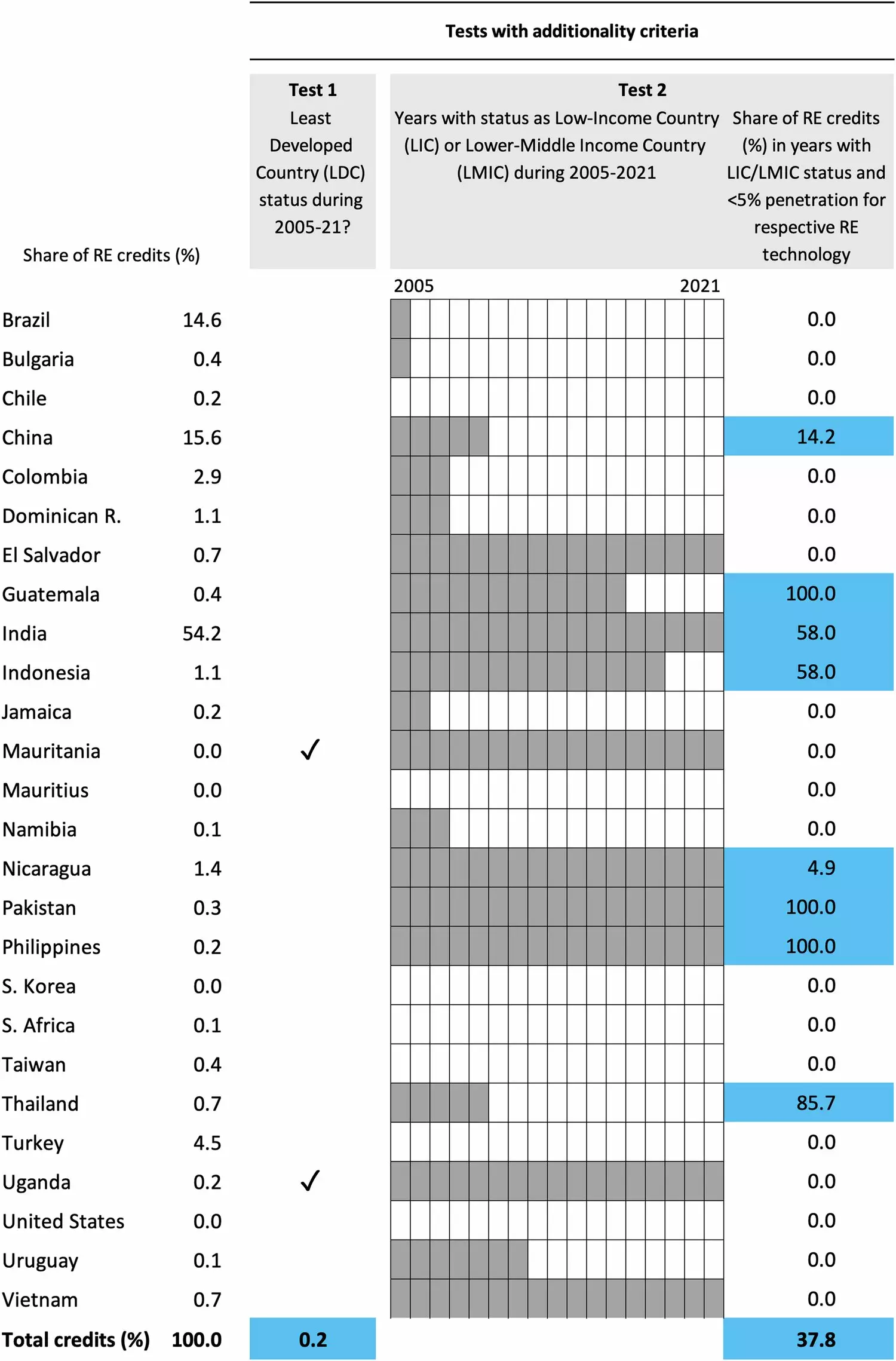In recent years, corporations have increasingly made claims regarding their strides toward carbon reduction and, in some cases, carbon neutrality. However, these assertions deserve a more analytical lens, particularly following a revealing study conducted by Kyoto University. The examination sheds light on the voluntary carbon market (VCM), where many businesses, including prominent players in various industries such as oil, automotive, and logistics, appear to employ questionable practices in their environmental claims. The findings suggest that the credibility of these offsetting strategies is precariously thin, and this raises a myriad of concerns about the efficacy of corporate carbon neutrality assertions.
The research reported in *Nature Communications* unveils a troubling trend: the 20 corporations most notable for retiring carbon offsets predominantly utilized low-quality credits. Lead author Gregory Trencher emphasizes that there is rising skepticism regarding the efficacy of projects supplying these credits, which often fail to meet the lofty emissions reduction claims made by their developers. This is particularly disconcerting, as these 20 companies are responsible for roughly 20% of all offsets retired from major registries like Verra’s Verified Carbon Standard and the United Nations’ Clean Development Mechanism.
The implications are profound. Not only are the carbon credits questionable in terms of their environmental value, but the corporations themselves seem to be deliberately targeting lower-cost options, often stemming from projects initiated years—if not decades—ago. This trend indicates a troubling complacency within corporate strategies concerning real investment in sustainable practices. Instead of driving innovative solutions for climate mitigation, these firms are merely paying lip service to environmental responsibility, posing a serious threat to genuine progress toward a sustainable future.
The crux of the issue rests on the paradox of net-zero targets juxtaposed with the utilization of ineffective offsets. Almost all of the studied companies have declared ambitious climate goals and have even branded themselves as “climate neutral.” Such claims, made against the backdrop of a messy reality involving dubious offset strategies, lend themselves to allegations of greenwashing—where corporations project an environmentally responsible image without committing to substantive change. Trencher’s assertions raise valid concerns about the integrity of corporate environmental claims and the dire need for reassessment of how we view carbon neutrality in the corporate world.
The essence of the Kyoto study suggests that current practices in the VCM cannot serve as a substitute for robust government policies, which are critical for instigating meaningful changes in energy technologies and industrial practices. The reliance on carbon offsets as a primary strategy for emissions reduction is flawed and ultimately unsustainable. This research highlights a pressing need for stricter regulations and accountability measures within the carbon market, as well as a shift toward genuine methods of emissions management that prioritize innovative solutions rather than financially expedient shortcuts.
The study reminds us that claiming carbon neutrality through unreliable offsets is misleading. As corporations strive to present themselves as environmentally responsible, a paradigm shift towards authentic sustainability practices is required—one that emphasizes transparency, accountability, and genuine contributions to reducing carbon footprints rather than merely achieving arbitrary numerical targets.


Leave a Reply